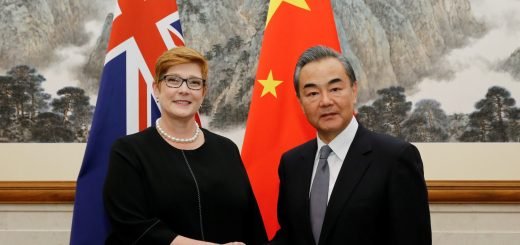The endeavour of Riyadh and Ankara to get ascendancy in Islamic Leadership
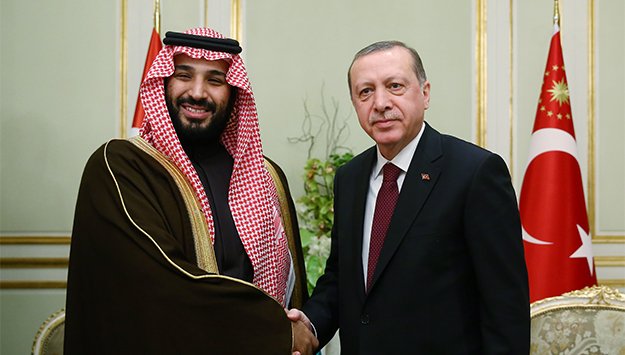
The recent Riyadh’s development has created a lot of uncertainty in their relationship with Ankara. The gradual informal boycott of Turkish goods by Saudi Arabia signifies the growing rivalry between these Islamic powers, which are often seen as rivals to become dominant in the Islamic world. This ongoing rivalry is linked to the late 2010s where it is witnessed that a geopolitical split between Riyadh and Ankara is taking place due to the Arab Spring, where the Egyptian coup d’etat divided both countries into the ongoing ideological tussle of the Muslim Brotherhood.
The geopolitical situation between Saudi Arabia and Turkey is also related to the historical, ideological schisms existing within Islam. Islam is consists of different sectarian ideologies (Shia, Sunni, and Kharijite) and within each different sect, it is intra-divided. Both, Turkey and Saudi Arabia follow (Sunnism), but Sunnism religious jurisprudence (Fiqh) includes several schools of thought (Madhhab) most prominent of which are the Hanafi, Maliki, Shafi, and Hanbali school, which is the main point of conflict between these two Muslim countries. Turkey follows the Hanafi school as the moderate form of Islam and oppositely, Saudi Arabia follows the strict Hanbali school, which is associated with extremist Wahhabism (Salafism), which views Shi’ites as apostate of Islam. It is in this socio-religious context that the modern race for geopolitical dominance over the Muslim World is taking place among its two most prominent stakeholders Saudi Arabia and Turkey.
Power Dominance and Different Approaches
Economically Saudi Arabia is stronger than Turkey but militarily, it is far behind. The military power of Turkey is quite advanced; it comes at 11th position in the global power index and it has also signed a pact with Azerbaijan, Agreement on Strategic Partnership and Mutual Support (ASPMS). On the other hand, Saudi Arabia is ranked at 17th position and its population is also just half of Turkey. Therefore, here this dilemma of power tussle becomes more complex.
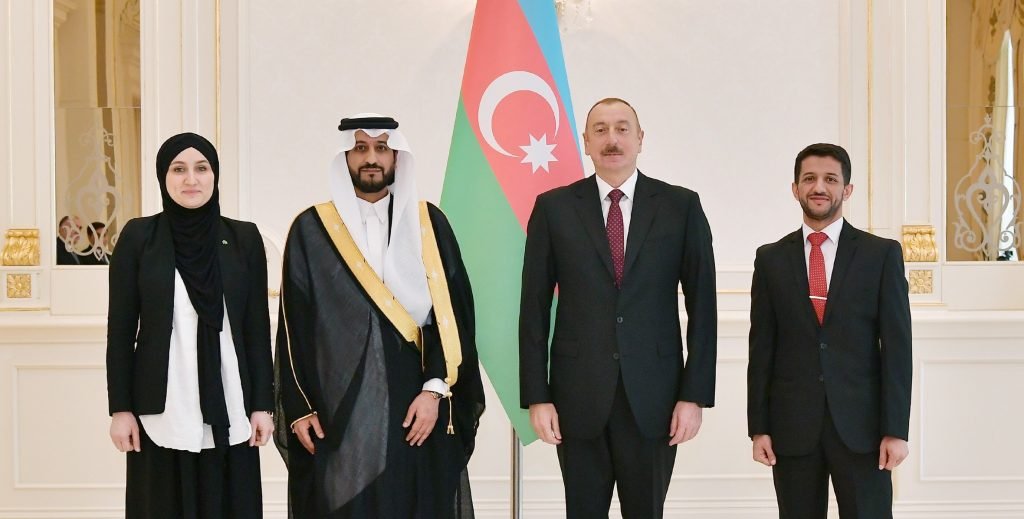
Saudi Arabia and Turkey both want their dominance in global politics or especially in the Muslim community (Ummah) and accordingly, both practice different kinds of strategies and politics to assert their narrative worldwide. As an example, Turkey is exhibiting its humanitarian side by hosting around 3.6 million Syrian refugees who left their land and, Saudi Arabia is using its money power to expand itself internationally.
In the past decades, Turkish foreign policy was for the most part seen as moderate, flexible, and tolerant because of its particular Kemalist past and its apparent interest in joining the European Union by developing close relations with the West. Turkey uses soft power to propagate its ideas and doctrine to other countries like propagating its T.V shows around the world. Its moderate approach towards Islam makes Turkey a modern republic and for years Turkey was also a member of organisations like NATO and OECD. But currently, the political discourse of Turkey has adopted a harder edge by adopting a hardline version of Islam within Ankara’s policymaking, the Turkish president Mr. Erdogan wants Turkey to recoup its old heritage of the Ottoman past. The conversion of the Hagia Sophia and Chora museum into a mosque manifest the Neo-Ottomanism policy of Erdogan to create a path for Pan-Turkism. The steady expansion of the hard and soft power policies of Turkey under the leadership of President Erdogan’s regime reflects Ankara’s goal of becoming the dominant voice in Ummah. The role which Turkey played in the conflict between Armenia and Azerbaijan demonstrates its aggressive approach. According to several reports, Turkey supported Azerbaijani army by supplying weapons, providing training to the soldiers, and guiding drone attacks which played a major role in deciding the winner. Although, these allegations are denied by Ankara, still overall it is a big strategic gain for Turkey that now around 40% Nagorno-Karabakh region is under the Baku administration.
For the moment Turkey’s relations with the USA are at an all-time low. Linked to this is the fact that Ankara recently purchased S-400 surface-to-air missile (SAM) systems despite fearing US sanctions. But at present, the change in Washington’s administration has created chances for Turkey to lose more economically in the future. The newly elected US president Joe Biden’s past and continued criticism of Erdogan’s policies depict the clouded relationship between the US and Turkey in current times yet, it is a thing to see in future that what would be President Biden’s stance on Turkey because his foreign policy’s primary objective is to make unity in NATO despite the frayed relations between its members.
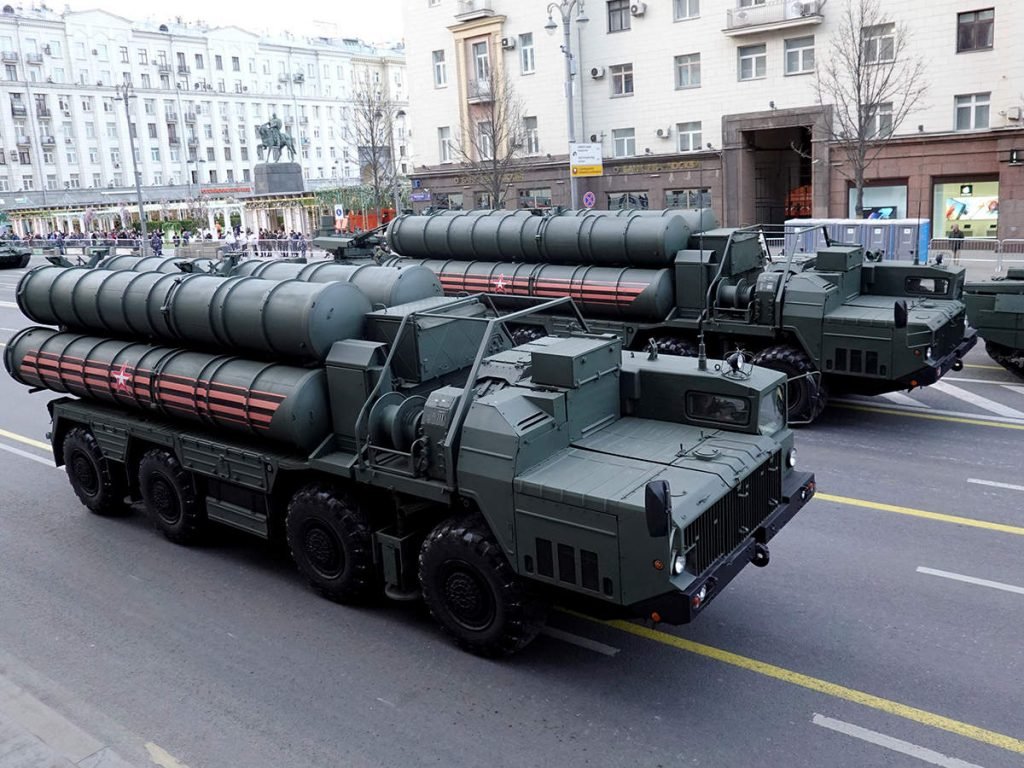
The closeness of Turkey with China and Russia has compelled the West to recalibrate her relations vis-à-vis Ankara. In addition to this, the economic support from China is helping Turkey to revive the Turkish lira amid these tough Covid times, and also China has now become the second-largest import partner of Turkey leaving Russia behind. The proposals like Belt and Road Initiative (BRI) from China assist Turkey to improve financially and in return, president Erdogan has to maintain silence on China’s treatment of Uyghurs, but it can be at odds with his foreign policy of leading the Ummah and uniting Turkic peoples under Ankara’s control. Erdogan was also taking a more hardline perspective against French President Emanuel Macron for his domestic political image in response to France’s crackdown against radical Islamism after Samuel Paty’s murder.
Turkey has established its relations with Israel in 1949, and it is the first Muslim majority country to recognize Israel, but now it is criticizing other Muslim countries for making ties with Israel by signing Abraham Accord this manifest that, Turkey is now pursuing two different agendas. The reasons for this could be, to stop UAE from gaining a presence in the Mediterranean region and second, to present Erdogan as a global leader for Muslims by supporting ‘Homeland for Palestinians’. But in the current scenario, the situation between Israel and Turkey is realpolitik by reason that they are now in the process of mending ties with a maritime deal that goes through the Eastern Mediterranean and both supported Azerbaijan in Nagorno-Karabakh war due to their mutual interest with Azerbaijan.
Further, in Turkey, lots of administrative and constitutional changes have occurred in the last few years under the leadership of President Erdogan, which made him more authoritarian and powerful in his regime. His belligerent statements regarding conquering Jerusalem and liberating the al-Aqsa mosque from Israel’s control construct his image as a prime leader for the Ummah. However, all his politics are part of the larger agenda of global politics.
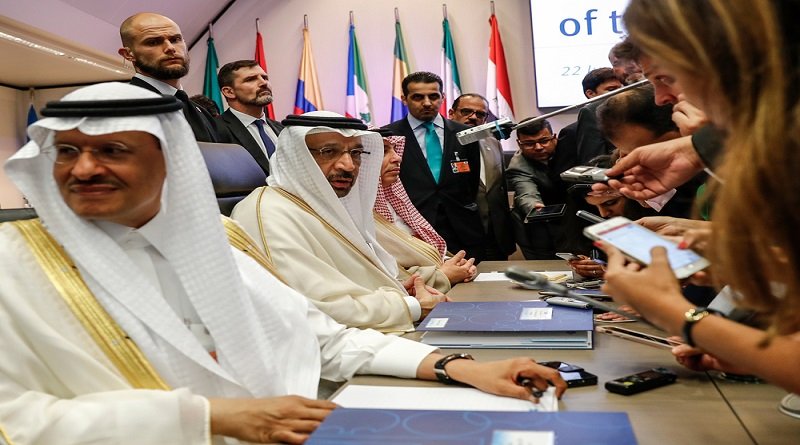
Contrarily, Saudi Arabia sees itself as the current leader, of the Muslim world because of the emergence of Islam from its land and having custody of Islam’s two most holy sites. Its approach towards Islam is a puritanical form of it. Saudi Arabia’s dominance in the Ummah exhibits its current power. Saudi holds the position of a powerful country in terms of wealth it possesses around 17% of proven oil reserves. It is the most influential country in the Organization of Petroleum Exporting Countries (OPEC). To maintain its dominance in this constantly changing world Saudi needs to revise its policies within and outside the country. The crown prince Mohammed bin Salman has already taken some steps towards reforming fundamentalism internally. The recent social reforms such as granting women the right to drive, allowing women to join the army, and bringing a codified judicial law system are the initial grand steps towards Saudi’s new modernisation policy, but it has miles to go towards reforming itself. The economic perspective of Saudi’s Vision 2030‘ to reduce its dependence on oil along with building the world’s smartest city (NEOM) to attract investments. These are some of the decisions taken by Riyadh to nourish the aspiration of other Arabs and Muslim nations and to position itself as their leader.
The current foreign policy of Riyadh exhibits the ever-existing desire of Saudi Arabia to lead Ummah. The Iranian revolution of 1979 had created angst in Riyadh that Iran will now challenge its presumed natural right to lead the Ummah. This fear of Saudi Arabia made Iran its biggest enemy, but due to the current state of affairs of Iran, it is not in the position to challenge the suzerainty of Saudi Arabia. In addition to this Iran being a Shi’ite nation and imposition of heavy economic sanctions from the US made it fragile and restricted to not go further with its vision. But in the past recent years, Turkey and Iran alliance is causing a threat to Saudi’s hegemony. They are inviting other Muslim countries to join their collaboration to reduce Saudi’s dominance over them for instance, they have recently offered Pakistan to resume Istanbul-Tehran-Islamabad (ITI) freight train service.
Organization of Islamic Cooperation’s Role
The OIC is a group of 57 Muslim countries established in 1969, it positing itself as a collective voice of the Muslim world. It is an international platform for Muslim countries to express their concerns and ideas. The group has effectively been hegemonised by Saudi Arabia and for that cause countries like Qatar, Turkey, Iran, Malaysia, and Pakistan are despondent about the group. Their concerns about OIC are, it did not seek recommendations from other Muslim countries and it always represents Saudi and UAE’s national interest over other countries. The geopolitical antagonism between these countries could also lead to creating a parallel bloc against OIC. As some glimpse witnessed by the world in the Kuala Lumpur Summit of 2019, where Turkey, Iran, and Malaysia come together to oppose Saudi’s supremacy in OIC. Pakistan’s PM Imran Khan also wanted to attend the summit, but due to the tremendous pressure from the Saudi government, Pakistan’s government changed its stance to not join the summit. The demand for creating another Islamic bloc was raised on account of the Saudi’s unwillingness to talk openly about matters which affect Muslims around the world. For instance, the Pakistan government consistently demands OIC to pass a resolution regarding Kashmir, but due to the good relations with the Indian Government, Saudi uses its hegemonic power to not take any such steps. There is another aspect of it where Saudi’s increasing engagements with Israel is creating unease in Muslim countries regarding the solution of the Palestine issue. Nevertheless, the Saudi government has clarified that it will not be going to recognize Israel until Palestinian aspirations were fully met.
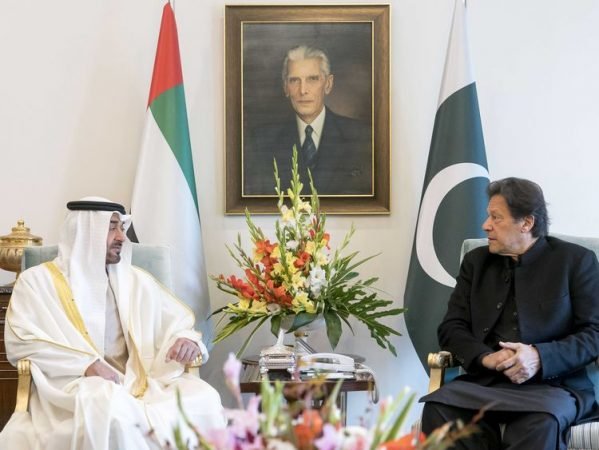
The construction of a parallel block against the OIC would certainly raise questions regarding Saudi’s suzerainty. There is also a possibility that this alternate group may get backing from North African countries and other Turkish allies. If that happens then it will be a major event in geopolitics, most of the countries then have to change their foreign policies and the equation of geopolitics has to be recalculated. It will be a quandary for a country like Pakistan, to choose whose side it should go to because Pakistan is greatly dependent economically on Saudi and Turkey. This hypothetical division will further create a dilemma for the western and eastern nations as to which alliance they should support.
The world leaders must also have to ensure of the thing that the rift in the Muslim world would not lead to further proxy wars in the current Middle East crisis between these adversaries. Because of their animosity, they will be more prone to declaring their ascendency in the region, and places like Yemen, Syria, Iraq, and Palestine will become battlegrounds. Although, it is a wait-and-watch situation because after the change in the US administration it is important to see what the US government will stand on and in whose support it will go. Since President Biden is recalibrating US relations with both Saudi Arabia and Turkey.
Conclusion
The struggle for power for the Islamic leadership between Saudi Arabia, Turkey, and other Muslim countries will continue and they invariably will try to influence other countries to cooperate in their favour. The emergence of bipolarity will always create a disagreement in society. Therefore, to manage that ensuing turmoil, the need for cooperation with each other, despite ideological differences should be the policy of all countries.




